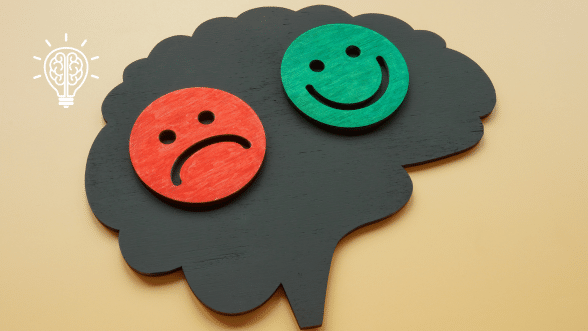What is Mindfulness?
- Mindfulness is the practice of being fully present and engaged in the current moment, with a focus on awareness and acceptance of one’s thoughts, feelings, and surroundings without judgment.
- It involves paying attention to the present experience rather than dwelling on the past or worrying about the future.
- Mindfulness is beneficial for both students, who can use it to manage academic stress, and professionals, who can apply it to improve focus, reduce workplace stress, and enhance overall well-being.
What are the benefits of practicing Mindfulness?
- Stress Reduction: Mindfulness helps in managing stress by promoting relaxation and reducing the negative effects of stress on the body and mind.
- Improved Focus: By training the mind to stay present, this enhances concentration and attention, making it easier to complete tasks efficiently.
- Emotional Regulation: Mindfulness practices help individuals become more aware of their emotions, leading to better control and regulation of emotional responses.
- Enhanced Well-Being: Regular practice can lead to greater overall well-being, including improved mood, better sleep, and a stronger sense of balance in life.
How can coaching support the development of Mindfulness practices?
- Coaching can introduce individuals to these techniques, such as meditation, breathing exercises, or mindful movement, and guide them in integrating these practices into their daily routines.
- For students, coaching might focus on using meditation to reduce test anxiety, improve focus during study sessions, and manage the pressures of academic life.
- For professionals, coaching can help in applying mindfulness to enhance productivity, manage workplace stress, and improve work-life balance.
- Overall, coaching provides the tools and support needed to develop a sustainable practice that enhances focus, reduces stress, and promotes well-being.




